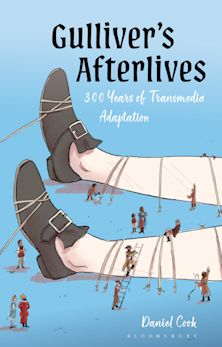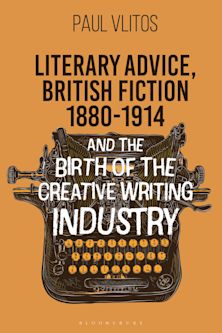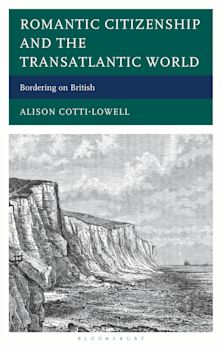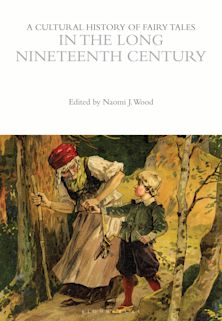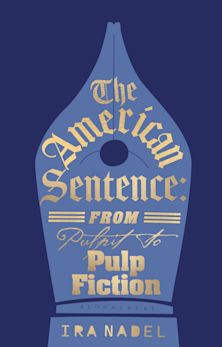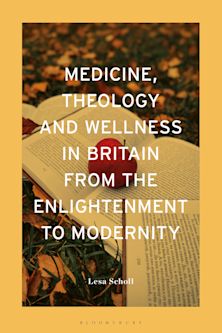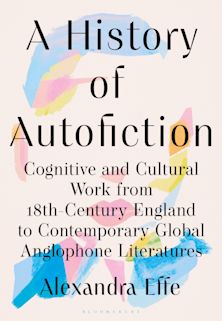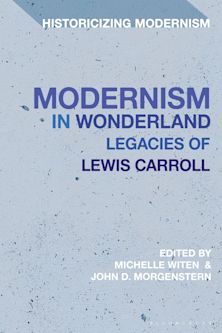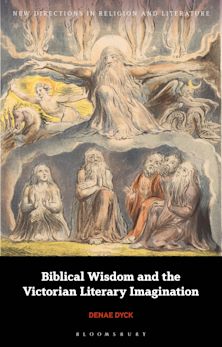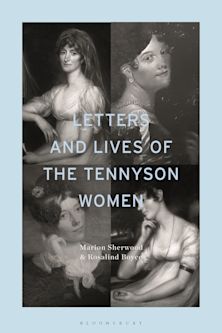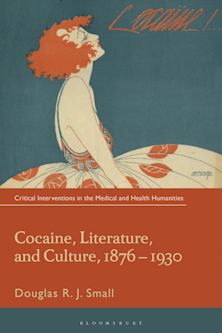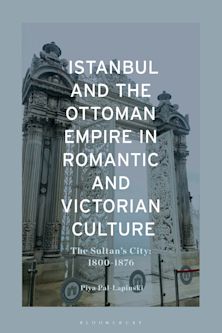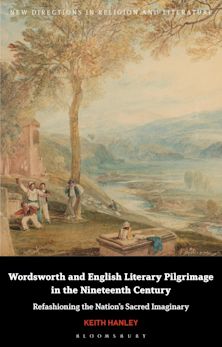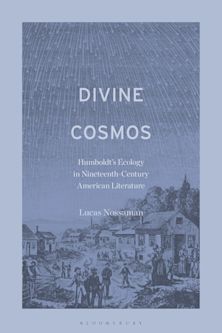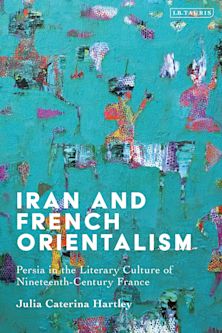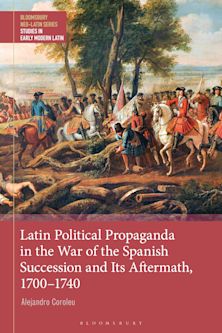- Home
- ACADEMIC
- Literary Studies
- Eighteenth- and Nineteenth-Century Literature
- Dickens and Creativity
This product is usually dispatched within 1 week
- Delivery and returns info
-
Free US delivery on orders $35 or over
You must sign in to add this item to your wishlist. Please sign in or create an account
Description
Discussing Dickens's novels and some of his letters, sketches, essays and stories, Barbara Hardy offers a fascinating demonstration of creativity.
Table of Contents
Editions and Works Cited
Preface
1. A Career and its Context
2. Dickens discusses Creativity
3. Awareness of Art in Sketches By Boz, Pickwick Papers, Oliver Twist, Barnaby Rudge, The Old Curiosity Shop, A Christmas Carol and The Chimes
4. The Artist as Narrator in Doctor Marigold, David Copperfield, Bleak House and Great Expectations
5. Talkative Men and Women
6. Imaginative Extremes, Norms and Negations
7. Subversions and Oppositions
8. Crises of Imagination
9. Forecast and Fantasy in Little Dorrit
10. Creative Conversation in Hard Times, Great Expectations and Our Mutual Friend
11. Assertions of Style: Rhythm and Repetition in A Tale of Two Cities and Our Mutual Friend
12. Dialogues with Shakespeare in David Copperfield and Great Expectations
13. Dickens in the Twentieth Century
Index
Product details
| Published | Sep 24 2008 |
|---|---|
| Format | Hardback |
| Edition | 1st |
| Extent | 200 |
| ISBN | 9780826495266 |
| Imprint | Continuum |
| Dimensions | 9 x 6 inches |
| Publisher | Bloomsbury Publishing |
About the contributors
Reviews
-
'Hardy's detailed knowledge of the novels, particularly the early works, is evident as she ranges widely among them' - Modern Language Review, January 2010
-
"[Barbara Hardy] has been consistently interested in artistry and form, the moral and ethical dimensions of fiction, the functions of narrators, and the power of imagination. All these interests combine in her latest book, a series of linked essays about Dickens's creativity...Anyone who reads Dickens for pleasure will find in Barbara Hardy's analyses further reasons to marvel at his fecund and ethical creativity"
English Studies, Vol 91, No. 2, April 2010
-
Briefly reviewed in the Year's work in English Studies journal, vol 89, No. 1 '[The author] with great insight examines Shakespeare's influence on Dickens and Dickens's impact on subsequent writers'
-
"Barbara Hardy's book conjures up the imaginative force of Dickens's novels with a verve and insight worthy of the novelist." - Leonee Ormond, Emeritus Professor, King's College London, UK
-
"Hardy (emer., Birbeck College, Univ. of London, UK) uses Dickens's statements in his letters about his creative process--he wrote of being in an inspired, exalted state--to examine various storytellers in his published works. Looking at narrators and other characters (both major and minor), the author analyzes Shakespeare's influence on Dickens and also Dickens's influence on later writers. Little Dorrit, which the author calls "intensively introspective," receives its own chapter for a detailed examination of the creative mind. Readers who are new to Dickens will like the chapter titled "A Career and Its Context," which provides a succinct summary and commentary on all Dickens's novels and many of his sketches and stories. This comprehensive, well-researched study will surely be regarded as the definitive word on the topic of Dickens's creativity. Summing Up: Highly recommended. Upper-division undergraduates through faculty." - K. Tölölyan, CHOICE, April 2009
-
"Readers who are new to Dickens will like the chapter titled 'A Career and its Context,' which provides a succinct summary and commentary on all Dickens' novels and many of his sketches and stories. This comprehensive, well-researched study will surely be regarded as the definitive word on the topic of Dickens' creativity. SUMMING UP: Highly recommended." - Choice
Choice

ONLINE RESOURCES
Bloomsbury Collections
This book is available on Bloomsbury Collections where your library has access.













